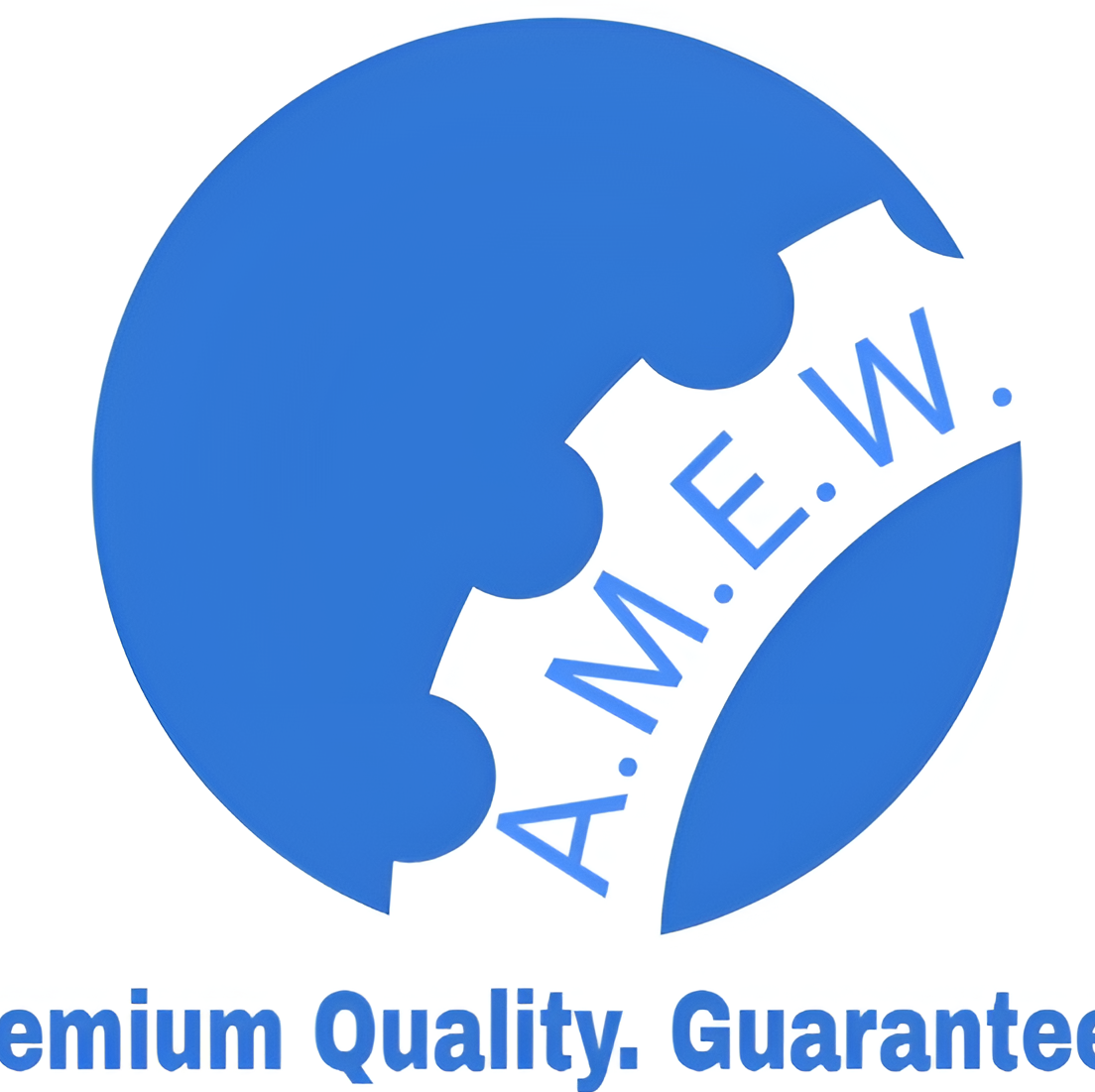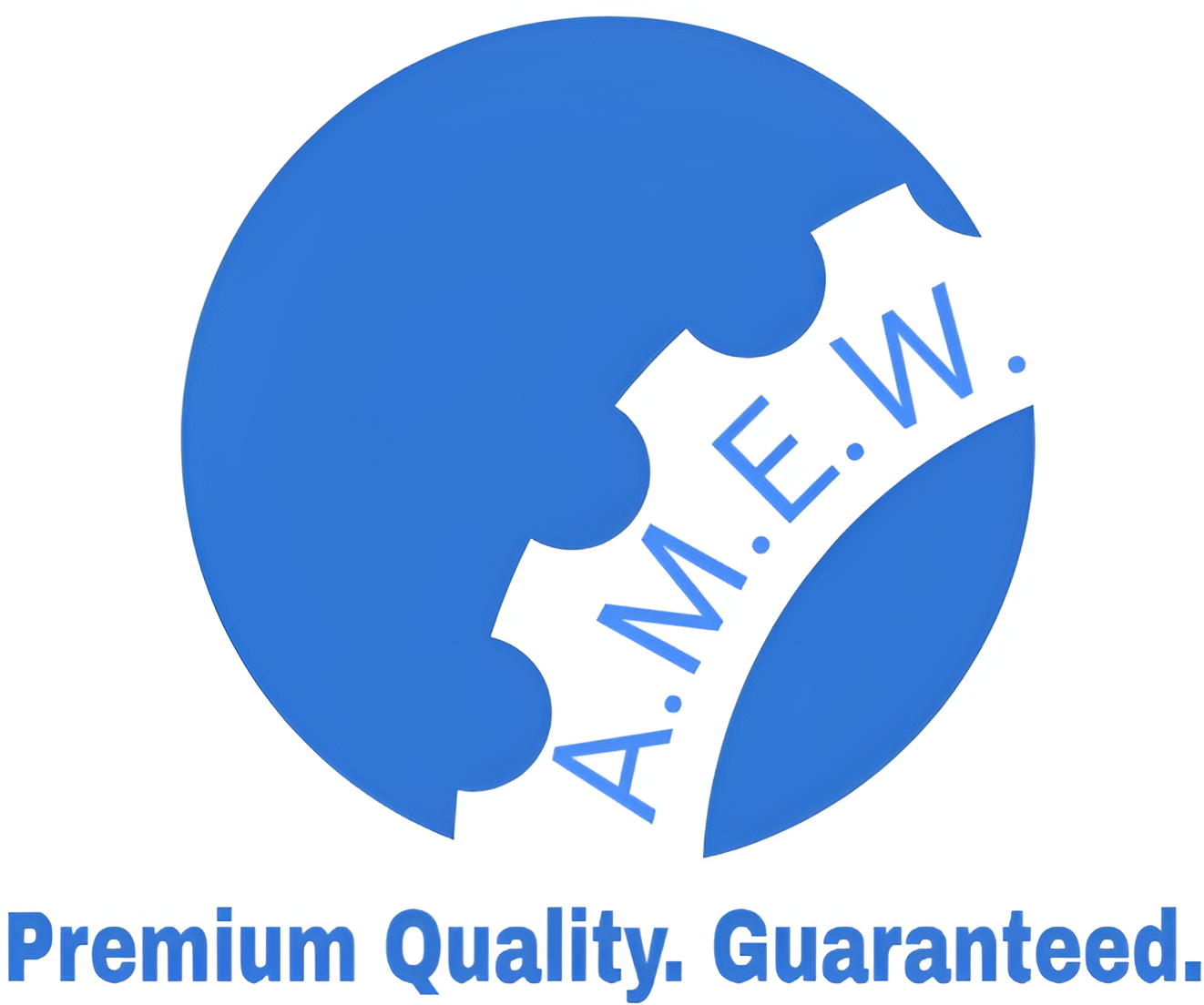Industrial Grade Rolled Rings: The Backbone of Modern Engineering
Industrial-grade rolled rings are crucial components across diverse industries, from aerospace to oil and gas. Their strength, durability, and versatility make them indispensable in applications requiring precision and reliable performance.
This blog will guide you through the fundamentals of rolled rings, their types and applications, materials, quality processes, benefits, and even future trends. By the end, you’ll gain a deeper understanding of why these critical components are so integral to modern engineering.
What Are Industrial Grade Rolled Rings?
Industrial-grade rolled rings are seamless, circular metal components, typically used in heavy-duty engineering applications. Manufactured through a forging process, they are designed to withstand intense pressure and extreme temperatures. Thanks to their durability and precision, these rings serve as pivotal components in industries such as aerospace, energy, automotive, and manufacturing equipment.
Their seamless design eliminates weak points, ensuring structural integrity and long-term performance even in some of the harshest environments.
Types of Rolled Rings and Their Applications
Rolled rings come in a variety of shapes, sizes, and profiles, catering to specific applications and industries. Each type of ring offers unique advantages tailored to its intended use case.
1. Flat Rolled Rings
These rings have a uniform profile and are commonly used in pressure vessels, gears, and flanges. Their flat structure provides excellent support for heavy loads and contributes to equipment stability.
Key Applications:
- Industrial machinery
- Aerospace engine components
- High-pressure boiler assemblies
2. Tall Rolled Rings
These rings boast greater height compared to their diameter, offering enhanced axial strength. They are ideal for applications involving compression and heavy axial loads.
Key Applications:
- Hydraulic cylinders
- Turbines
- Wind energy systems
3. Hollow Rolled Rings
Hollow rolled rings are engineered with interior cavities, allowing for lightweight designs without compromising strength. These rings are highly valued in industries where weight optimization is critical.
Key Applications:
- Aircraft engines
- Automotive drivetrain components
4. Custom Rolled Rings
For unique and complex requirements, custom rolled rings can be designed and manufactured with specific shapes, diameters, or materials.
Key Applications:
- Specialized equipment in the oil and gas sector
- Nuclear reactors
- Space exploration machinery
Materials Used in Rolled Ring Manufacturing
The selection of materials for rolled rings depends on the operating environment and application requirements. Below are the most common materials used and their characteristics.
1. Carbon Steel
Carbon steel is highly durable, cost-effective, and suitable for general applications requiring moderate strength.
2. Alloy Steel
Known for its excellent mechanical properties, alloy steel can handle high pressure and extreme conditions. It is a preferred choice for applications in aerospace and energy sectors.
3. Stainless Steel
Renowned for its corrosion resistance, stainless steel is ideal for environments exposed to moisture, chemicals, or extreme temperatures.
4. High-Temperature Alloys
Materials like Inconel and Hastelloy maintain structural integrity in extreme heat, making them suitable for aerospace engines and power plants.
5. Aluminum and Titanium
These lightweight materials are favored in applications requiring strength without added weight, such as aircraft manufacturing.
Quality Control and Testing Procedures
When producing industrial-grade rolled rings, quality control is non-negotiable. High-quality rings ensure safety, reliability, and performance in critical applications. Below are the key QC processes rolled rings undergo.
- Material Testing: The raw material is tested to verify its composition and mechanical properties.
- Ultrasonic Examination: Advanced ultrasonic testing identifies hidden defects or voids within the ring.
- Dimensional Inspections: Precision measuring tools confirm that the ring’s size and tolerances meet specifications.
- Destructive Testing: Samples undergo stress tests to evaluate fatigue resistance, tensile strength, and fracture toughness.
- Surface Quality Checks: Rings are visually inspected for surface irregularities, cracks, or imperfections.
By adhering to rigorous QC processes, manufacturers ensure the consistency and performance of these critical components.
Benefits of Using Industrial Grade Rolled Rings
1. Durability and Strength
The seamless design of rolled rings eliminates structural weak points, providing exceptional strength and durability.
2. Customization
Rolled rings can be fabricated to meet specific size, material, and strength requirements, making them a versatile choice for any industry.
3. Cost Efficiency
Their longer lifespan and low maintenance needs translate to significant cost savings over time.
4. Enhanced Performance
High-quality materials and precise manufacturing techniques maximize performance under extreme conditions.
5. Reduction in Weight
Lightweight materials like aluminum and hollow designs reduce overall equipment weight, improving efficiency in applications such as transportation and aviation.
Case Studies: Successful Applications
Case 1. Aerospace Engines
A leading aerospace manufacturer used stainless steel rolled rings for its jet engine turbines. Withstanding temperatures exceeding 2,000°F, these rings contributed to enhanced performance and fuel efficiency.
Case 2. Wind Turbines
A renewable energy company deployed custom flat rolled rings in its wind turbine assemblies. The robust rings extended component lifespan, reducing repair and maintenance costs by 20%.
Case 3. Oil and Gas Flanges
In the oil and gas industry, carbon steel rolled rings were used to replace welded flanges on offshore rigs. This resulted in a safer and more reliable structural assembly.
How to Select the Right Rolled Ring Supplier
Choosing the right supplier is critical to ensure the quality and reliability of your rolled rings. Here are some factors to consider when evaluating suppliers.
1. Industry Experience
Look for manufacturers with extensive experience in producing industrial-grade rolled rings for your specific sector.
2. Certifications
Check for quality certifications such as ISO 9001, which guarantees adherence to strict quality standards.
3. Material Expertise
Ensure that your supplier has access to a wide range of materials to meet your exact requirements.
4. Customization Capabilities
A good supplier should be able to design and manufacture rings tailored to your specifications.
5. Customer Support
A responsive customer service team ensures smooth communication and efficient problem resolution throughout the process.
Future Trends in Rolled Ring Technology
1. Additive Manufacturing (AM)
Advanced 3D printing technologies are being explored to create rolled rings with greater precision and less material waste.
2. Smart Materials
Innovations in materials, such as self-healing metals, could significantly enhance the longevity of rolled rings.
3. Energy-Efficient Manufacturing
New manufacturing techniques aim to reduce energy consumption during production, aligning with sustainability goals.
4. Digital Twins
Using digital twin technology, manufacturers can simulate and optimize designs, reducing time-to-market and enhancing performance.
Rolled Rings: A Core Component of Modern Engineering
Industrial-grade rolled rings are more than just metal components. They are critical to the performance and success of modern engineering applications. From aerospace to renewable energy, rolled rings provide the backbone for some of the world’s most ambitious projects.
Ensuring you select the right type, material, and supplier is essential to maximizing performance and efficiency. Keen to learn more or discuss how rolled rings could enhance your operations? Reach out to our team today!

